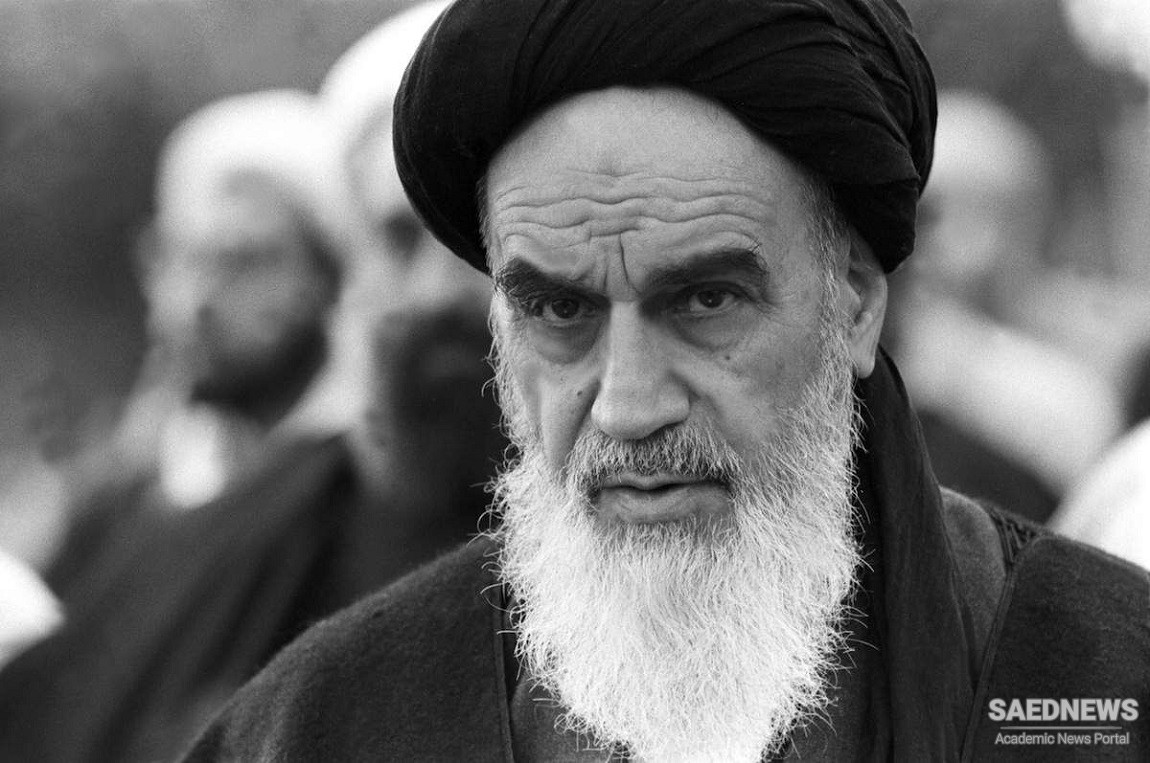The Islamic Constitution endowed the Supreme Leader with wide-ranging authority. He could “determine the interests of Islam,” “set general guidelines for the Islamic Republic,” “supervise policy implementation,”and “mediate between the executive, legislative, and judiciary.” He could grant amnesty and dismiss presidents as well as vet candidates for that office. As commander-in-chief, he could declare war and peace, mobilize the armed forces, appoint their commanders, and convene a national security council. Moreover, he could appoint an impressive array of high officials outside the formal state structure, including the director of the national radio/television network, the supervisor of the imam jum’eh office, the heads of the new clerical institutions, especially the Mostazafen Foundation which had replaced the Pahlavi Foundation, and through it the editors of the country’s two leading newspapers – Ettela’at and Kayhan. Furthermore, he could appoint the chief justice as well as lower court judges, the state prosecutor, and, most important of all, six clerics to a twelveman Guardian Council. This Guardian Council could veto bills passed by the legislature if it deemed them contrary to the spirit of either the constitution or the shari’a. It also had the power to vet candidates running for public office – including the Majles. A later amendment gave the Supreme Leader the additional power to appoint an Expediency Council to mediate differences between the Majles and the Guardian Council.


 Supreme Leader of Islamic Revolution: Necessity of Neutralization of Sanctions Instead of New Talks with the Enemy
Supreme Leader of Islamic Revolution: Necessity of Neutralization of Sanctions Instead of New Talks with the Enemy














































